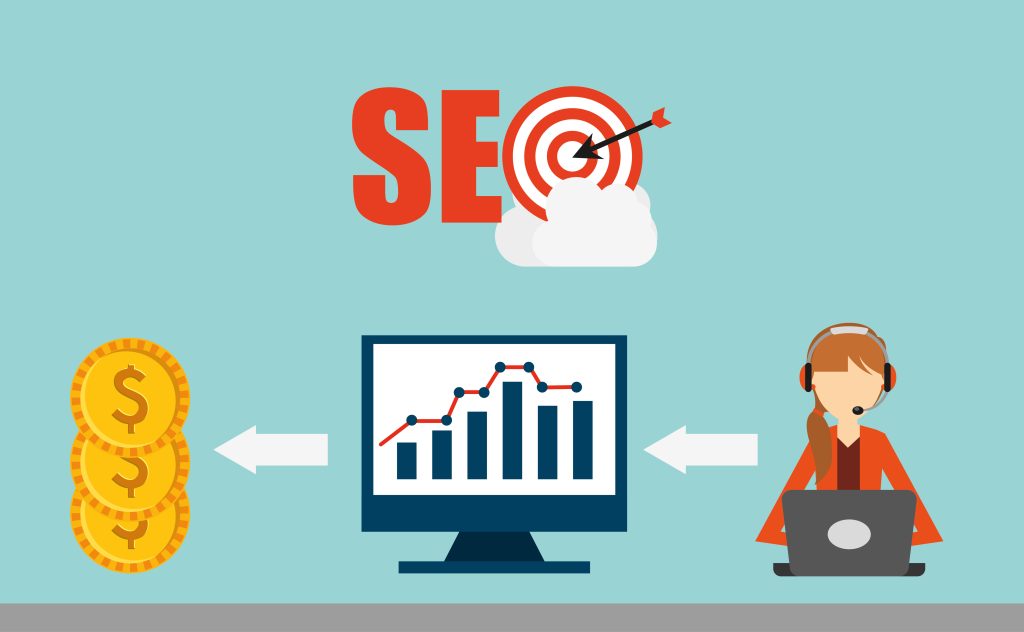
SEO Vs. PPC Advertising: Which Is Better For Your Business
In the ever-expanding digital environment, where competition is tough and attention spans are short, the drive for exposure, relevance, and, ultimately, success is dependent on smart judgments about online marketing. Search Engine Optimisation (SEO) and Pay-Per-Click (PPC) advertising stand out among the numerous choices accessible, each with its own set of advantages and disadvantages. So, the million-dollar issue is: which is better for your business? To find the solution, let’s take a tour across the realms of SEO and PPC advertising.
Study SEO:
SEO, which is frequently referred to as the cornerstone of digital marketing, is the process of optimizing your website’s organic visibility and ranking on search engine results pages (SERPS). It requires a comprehensive strategy that includes keyword research, on-page optimization, content production, link building, and technological improvements, all with the goal of aligning your website with search engine algorithms and user intent.
The appeal of SEO stems from its long-term viability and cost-effectiveness. Unlike PPC advertising, which requires constant financial input, SEO produces slow but long-term effects, establishing your website as a trusted authority in your industry and generating steady organic traffic over time. Furthermore, customers consider organic search results as more genuine and trustworthy, which promotes brand loyalty and legitimacy.
However, the path to SEO success is filled with hurdles. It requires patience, effort, and a thorough grasp of the ever-changing search engine algorithms. Results do not happen overnight; it takes months or even years of focused labor to rise up the ranks and outperform the competition. Furthermore, the SEO market is increasingly competitive, with several websites striving for the coveted top rankings, making it critical to keep current on the newest trends and best practices.
Knowing PPC advertising:
On the other hand, PPC advertising provides a faster road to visibility and reach since it allows firms to bid on keywords and display ads prominently on search engine results pages or other digital platforms. Unlike SEO, which generates clicks naturally, PPC works on a pay-per-click basis, which means you only pay when a person clicks on your ad.
The attraction of PPC stems from its immediacy and precision aiming. PPC allows you to rapidly put your brand at the top of relevant search searches, reaching potential consumers at the very time they express intent. Furthermore, PPC systems have powerful analytics capabilities that allow you to analyze performance data in real-time, allowing for quick modifications to maximize campaign efficacy and ROI.
However, PPC advertising has its own set of obstacles and considerations. It necessitates a large financial investment, as bidding on competitive keywords may rapidly inflate expenses. Furthermore, PPC programs require continual monitoring and optimization to achieve peak effectiveness and avoid money waste. Furthermore, while PPC ensures exposure as long as you’re ready to pay, once you stop spending, your presence fades, emphasizing the fleeting nature of sponsored advertising.
Choosing the right path:
So, which road should you take: the slow ascension of SEO or the rapid trajectory of PPC advertising? Understanding your specific company objectives, target audience, budgetary limits, and timeframe is key to finding the solution.
SEO is the best option if you want long-term growth and are ready to invest time and resources in developing a strong online presence. By increasing your website’s organic exposure and authority, you can lay a solid foundation for success and reap the benefits of consistent, high-quality traffic and conversions over time.
If your goals are more urgent, or if you are in a highly competitive field where organic visibility is difficult to achieve, PPC advertising is an attractive option. By utilizing the power of sponsored adverts, you can quickly attract the attention of potential consumers, driving targeted traffic to your website and producing leads or purchases in a shorter period of time.
Ultimately, the best plan may comprise a combination of SEO and PPC, with each complementing the other to maximize reach, exposure, and ROI. By finding the appropriate balance between organic and paid efforts, you can traverse the digital terrain with confidence, grabbing opportunities and realizing your company’s full potential in the ever-changing online field.
Difference between SEO and PPC Advertising
SEO and PPC advertising are the two main approaches for improving online exposure, however they differ in strategy and outcome. SEO focuses on optimising your website to increase organic search ranks, so you don’t have to pay for clicks. It is a long-term technique that needs patience but can produce long-term rewards. On the other hand, PPC advertising entails paying for advertisements to appear at the top of search results or on other platforms.
You just pay when someone clicks on your ad, which provides quick visibility but requires continuing commitment. SEO is like caring for a plant, fostering development over time, but PPC is like turning on a tap for immediate results. Both have advantages, and the choice is based on your objectives, money, and timeframe.

